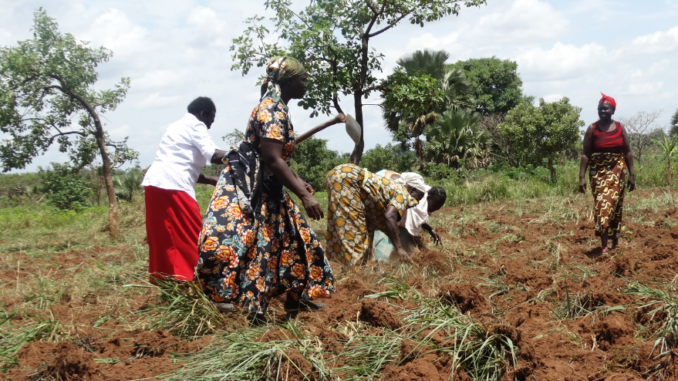
The OPEC Fund for International Development has signed a $30 million loan facility agreement with Uganda to help improve food security and incomes for more than 120,000 smallholder households in the northern and north-eastern regions engaged in the production and marketing of oilseeds (groundnuts, sunflower, sesame and soy), reports the news outlet africaincmag.com.
The National Oil Seeds Project is co-financed by the International Fund for Agricultural Development (IFAD) and the Ugandan government.
The Ugandan government’s latest Agricultural Sector Strategic Plan highlights oil seeds as part of the four strategic commodities expected to lead the transformation of the smallholder sector from subsistence to commercial farming.
Within the framework of this plan, the OPEC Fund’s financing will be used to develop infrastructure across 53 beneficiary districts and support the operations of approximately 200 oilseed clusters.
Works will include construction and rehabilitation of 2,500 km of roads situated in and around the oilseed clusters and installation of drainage structures, as well as road water harvesting mechanisms for crop and livestock watering.
It is anticipated that approximately 60 percent of the beneficiaries will be women and young people between the ages of 18 and 35 who will be involved in the project as producers, entrepreneurs, and small-scale processors. Under the project, they will be provided with various incentives such as access to farm machinery and agricultural training.
Abdulhamid Alkhalifa, OPEC Fund Director-General said, “As Uganda recovers from disruptions related to Covid-19, agriculture becomes increasingly significant for the livelihood of the Ugandan people. The OPEC Fund is pleased to partner with IFAD and the government of Uganda to support this project, which will enhance agricultural resilience and improve food security.”
With the present loan, the OPEC Fund would have committed more than $221 million to Uganda under its public and private sector and trade finance lending operations.
The funding has supported Uganda’s agriculture, energy, SMEs, transportation, education, and health sectors.
